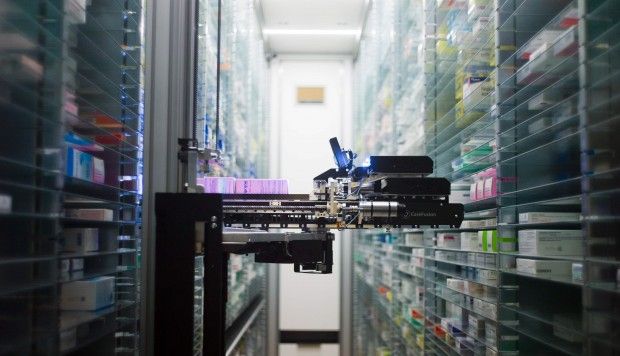Jul 21, 2017
Giving a push for in-space propulsion
Posted by Klaus Baldauf in categories: government, robotics/AI, solar power, space travel
It’s a technology looking for a new mission.
The technology is solar electric propulsion (SEP), which NASA has identified in recent years as a key enabler for eventual human missions to Mars. SEP, the agency argued, could be used to propel cargo missions to Mars in advance of crewed missions much more efficiently than conventional chemical propulsion systems.
High-power SEP was to be tested in interplanetary space on the Asteroid Redirect Mission (ARM), powering the robotic spacecraft that would travel to a near Earth asteroid, grab a boulder off its surface, and fly back to cislunar space. However, NASA announced earlier this year it planned to cancel ARM, and Congress, never much of a fan of the mission, has shown no signs of opposing it.


















